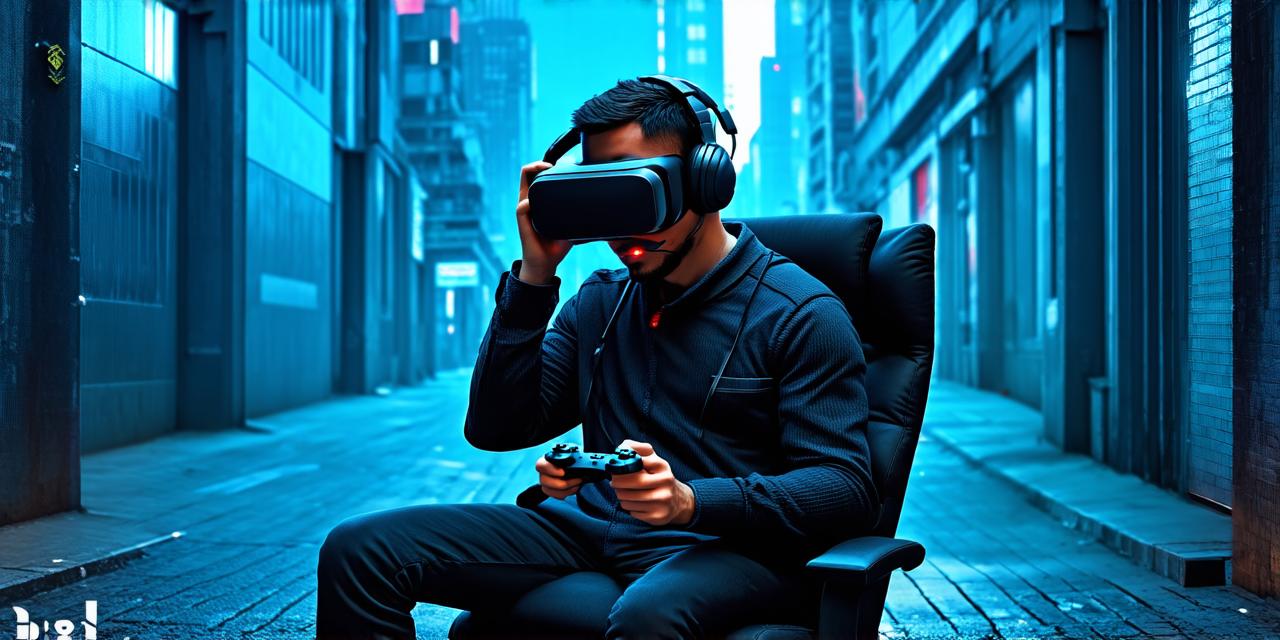Evidence for Simulations
One of the main pieces of evidence supporting the idea of simulations is the fact that the universe looks and behaves very much like a computer program. For example, the laws of physics that govern our universe are very similar to those used in computer programs. Additionally, some argue that the complexity and randomness of our world suggest that it was created by a sophisticated computer system.
Arguments Against Simulations
Despite the evidence supporting the idea of simulations, there are also many arguments against it. One of the main arguments is that if we are living in a simulation, then why do we experience emotions and physical sensations? If our experiences are just a virtual representation of reality, then why do they seem so real? Additionally, some argue that the complexity of the human brain and our ability to think and reason would be impossible for a computer program to replicate.
The Problem with the Argument from Complexity
One of the main arguments against the idea of simulations is the problem of complexity. Proponents of this argument claim that the complexity of the universe and our own existence are too great to be the result of random chance. They argue that the high degree of order and organization in the universe suggests that it was designed by a highly intelligent being or group of beings.
However, this argument fails to account for the possibility that the complexity we observe is simply a result of our limited understanding of the underlying principles. It is possible that there are simpler underlying principles that we cannot yet understand, which could explain the apparent complexity of the universe and our own existence.
The Problem with the Argument from Emotions
Another argument against the idea of simulations is that if we are living in a simulation, then why do we experience emotions and physical sensations? If our experiences are just a virtual representation of reality, then why do they seem so real? This argument relies on the assumption that emotions and physical sensations are somehow unique to our own existence.
However, this assumption is not supported by scientific evidence. Many animals, including some non-human primates, show similar emotional responses to humans. Additionally, research into the nature of consciousness has shown that it may be possible for computers to simulate human emotions and physical sensations in a way that is indistinguishable from reality.
Summary
The question of whether we are living in a simulation is one that has been debated for many years. While there is evidence to support the idea of simulations, such as the similarity between the laws of physics and those used in computer programs, there are also arguments against it, including the problem of complexity and the argument from emotions. Ultimately, while we may never know for sure whether we are living in a simulation, it is important to remain open-minded and continue to explore all possibilities.



